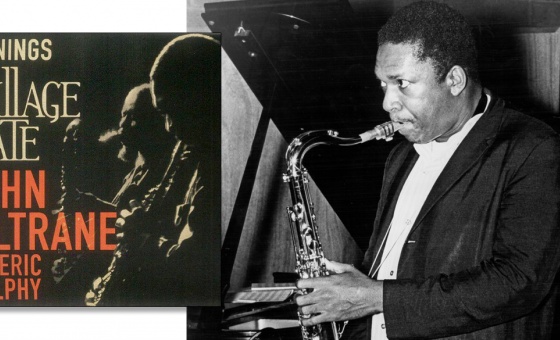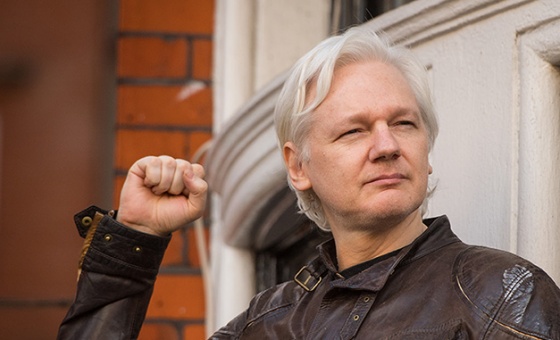SECURITY is the watchword as the general election gets under way.
The Tories promise a return to conscription — a proposal met with mockery (Keir Starmer skewered plans for a “teenage Dad’s Army” today) but one which has cropped up too often recently, both from British top brass and the leaders of other European countries, for us to view it with complacency.
Starmer’s own campaign launch was preceded by briefings on how Labour will get MI5, the police and the Civil Service to outline supposed security threats and how to nix them in its first 100 days in office — a disturbing prospect, given the huge expansion of police powers over citizens in the last four years and the fact that state security agencies will always want more.
But the foundation of good government, Starmer tells us, is “economic security.” So it’s time he was held to account on the basics.
The financial insecurity that troubles millions of households is a direct consequence of our exposure to untrammelled market forces. We cannot control our economy because we do not own it.
Britain lacks control over even core, strategic sectors. Take steel, where for all both Tories and Labour talk up rising international tensions, the fate of an industry rests on how much profit an Indian multinational thinks it can squeeze out — with ministers reduced to begging and bribing that multinational to maintain a domestic steel-making capacity. Labour’s promised £3 billion investment may drag Tata back to the table — but is no long-term substitute for the security we could win through nationalisation.
Or an efficient transport network, essential for “levelling-up” and attracting investment in a market-dominated economy. Labour’s promised renationalisation of rail is welcome, but without serious investment in high-speed rail — ditched by Rishi Sunak — we will continue to lag behind other countries.
A transport revolution is key to a field of overwhelming importance entirely ignored by Starmer, climate change. Rail renationalisation should just be the beginning. Given the success of German, French and Spanish schemes at cutting car use by offering unlimited train journeys for a fixed price, why isn’t Britain looking at initiatives like this? Nor are there signs, when Labour claims “economic security” means holding taxes down at the risk of further public spending cuts, that it is prepared to invest in adapting to climate chaos, even when it has wrecked our own harvest with the wettest winter on record and worsening floods.
Which brings us to the most essential resource of all — water. No other major country has handed control of its water to private profiteers. The results are a catastrophe of poisoned waterways, sewage-drenched beaches, torrential leaks — even outbreaks of illness in Devon and London. Chief medical officer Chris Whitty says it’s a public health priority — yet the privatised water profiteers now demand the right to massively hike our bills again to fix the damage, after stealing tens of billions in dividends and amassing tens of billions in debt. There is no security in being held over a barrel by financial speculators with no interest in our country except how much they can leech out.
Home Secretary James Cleverly says conscription will get teenagers out of their bubble. But it’s the Westminster elite who are trapped in a bubble — one where they can advance the same failed policies as solutions to the crises those policies have caused.
Starmer should not be able to pontificate about our economic security while committing to do nothing about it. As Unite has led community campaigning in steel towns to demand better from our politicians, we can do the same for other sectors — beginning with water, a priority issue in dozens of vulnerable Tory seats.
There’s little on the table for working-class people in either main party’s prospectus as yet. It’s up to the left to change that through pressure from below.










